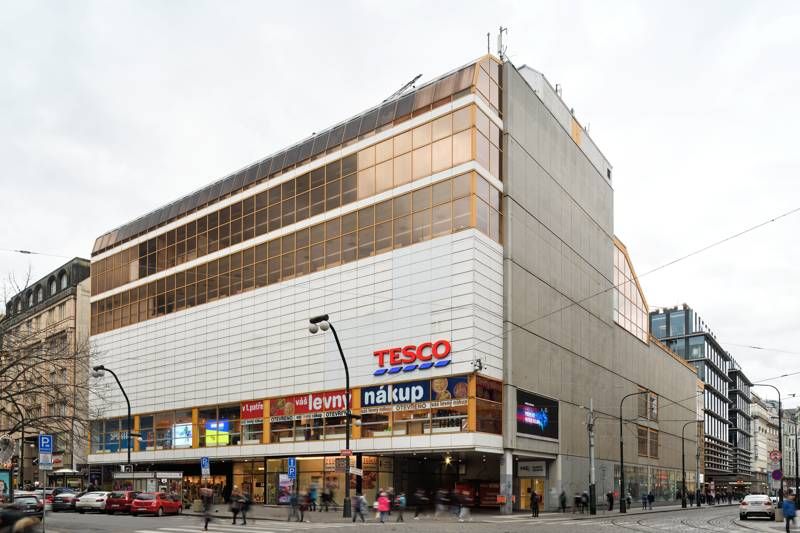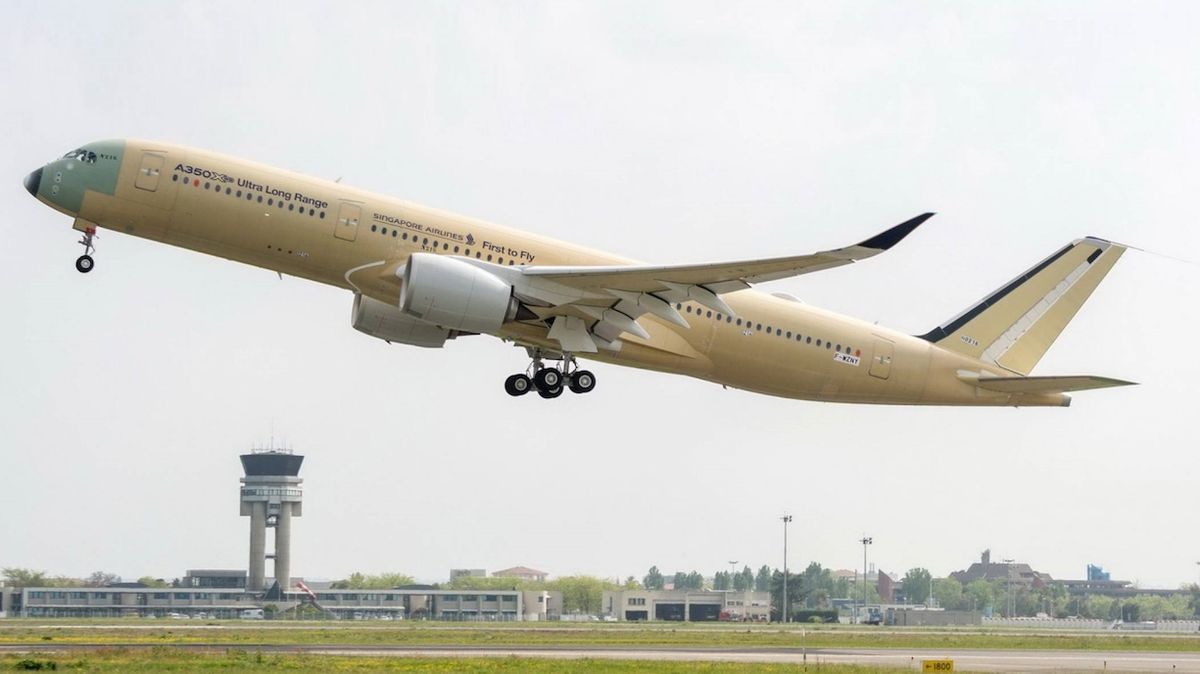The cooperation between the Czech non-profit organization INEX – the Association of Voluntary Activities and the municipality of Bataypora in Brazil has been going on for 14 years, during which Czech volunteers regularly come for short-term volunteer work camps. The city of Batayporã has Czech roots, it was founded by JA Baťa in 1953 and the Czech community still lives here today. This year, thanks to the program, volunteer Anna Sochorová arrived here. “Thanks to the labor camp, I saw places I would never go, made friends across the ocean and got to know Czech culture in a different environment,” says Anna.
The cooperation between the Czech non-profit organization INEX – the Association of Voluntary Activities and the municipality of Bataypora Brazil has been going on for 14 years, as Czech fans regularly come here for short-term volunteer work camps. In addition to physical work, they bring local people closer to Czech culture and traditions, for example with the help of Czech films or music. Why here? What makes this humble village located in the Brazilian state of Mato Grosso do Sul, 12 hours by bus from Latin America’s largest city, Sao Paulo, so special? And why is Czech used here?
Bataypora (“good waters of Bať” in native language) was founded by Jan Antonín Baťa. In the 1930s, Baťa as a company established similar companies overseas to facilitate the transition to foreign markets and to simplify the purchase of essential ingredients and foods. Between 1931 and 1939, 47 branches were established abroad, for example in India, and to be precise in Brazil. In Brazil, their main task is to ensure cattle breeding and leather production.
Jan Antonín Baťa was forced to leave the country at the start of the Second World War and decided to settle in Brazil. He made plans to build 10 industrial cities, including Batatuba, Batarassa or Bataypora itself. 3,500 workers must live in each city. However, he failed to fully carry out his plan. The main reason is lack of funds.
The construction of the Bataypora was overseen by the leader Jindřich Trachta, who fled the communist regime to Brazil after the Second World War. There he met Bata, with whom he developed a close relationship, and who ultimately entrusted the construction of the entire Bataypora to him. He was born in 1921 in eravice and died in 2000 in Bataypora. He manages business activities, infrastructure development and agriculture.
The main organizer of all Czech cultural activities in Bataypora is Dr. Evandro Trachta, grandson of Jindřich Trachta. He is currently a renowned veterinarian who, among other things, obtained his doctorate in veterinary science at Brno. The honorary consulate of the Czech Republic is located in his house. He and his mother Nida speak Czech very well. The rest of the family usually understands little. “Hello, how are you?” but the whole village can say.
The Trachtov family is based on relations with the Czech Republic. In the center of the village stands the Jindřich Trachta memorial center (Centro de Memória Jindrich Trachta). Until recently, the Klenot folklore dance troupe, founded by Bata’s granddaughter, Dolores Ljiljana Bata Arambasic, also operates here. And thanks to INEX and support from the Ministry of Foreign Affairs, a cultural exchange project is now operating here, with two Czech volunteers coming to Bataypora and two Brazilian volunteers going to the Czech Republic.
Thanks to that, I also got to Bataypora. After a 12-hour flight to South America’s largest city, Sao Paulo, INEX director Lenka and I still made the night bus trip. Upon arrival, Jindřich Trachty’s descendants, Dalibor and Dario, greeted us at the bus terminal. Our accommodation is arranged at the Memorial Centre. The first few days we mainly got to know the city, its people, the surrounding nature and also Spanish Portuguese.
After looking around, work was waiting for us. We were assigned to clean up the museum, which is part of the Memorial Center. We rearranged the library, mopped, and also admired the exhibits, including, for example, the pre-war Czechoslovak newspaper.
An important part of the labor camp was preparations for the Celebration of the Baby Jesus of Prague. This all-day event, combined with mass and traditional Baby Jesus attire, took place on our last weekend in Bataypora. The numbers are huge, 200 seats are fully occupied. Lenka and I were assigned to merchandise sales. To help, we were able to take home the organizer’s T-shirts.
Thanks to the labor camp, I was able to see places I would never go, make friends across the ocean, and get to know Czech culture in a different environment. And when Lenka and I were in Bataypora, Evandro Trachta, his mother Nida, his son Tomáš and two other Brazilian women got to know the beauty of the Czech Republic at the same time.
Anna Sochorová
This project is supported by funding from the Ministry of Foreign Affairs of the Czech Republic in a Project subsidy program that focuses on cooperation with the expatriate community abroad.
Photos to use:
https://drive.google.com/drive/folders/1Yt2rI0M2kdt7xFOpuKbdWDTvEucDxYN4?usp=sharing

“Tv nerd. Passionate food specialist. Travel practitioner. Web guru. Hardcore zombieaholic. Unapologetic music fanatic.”







